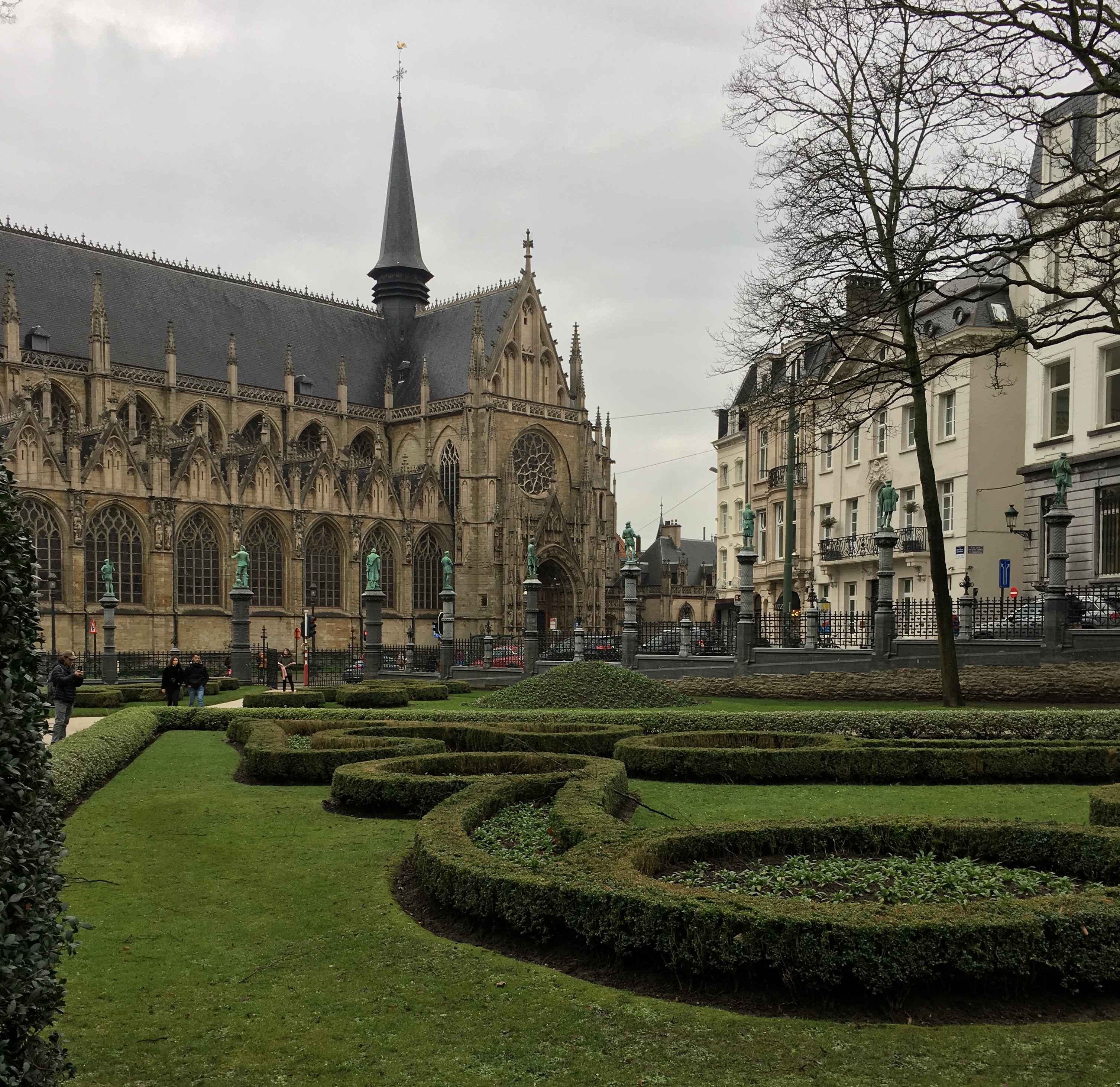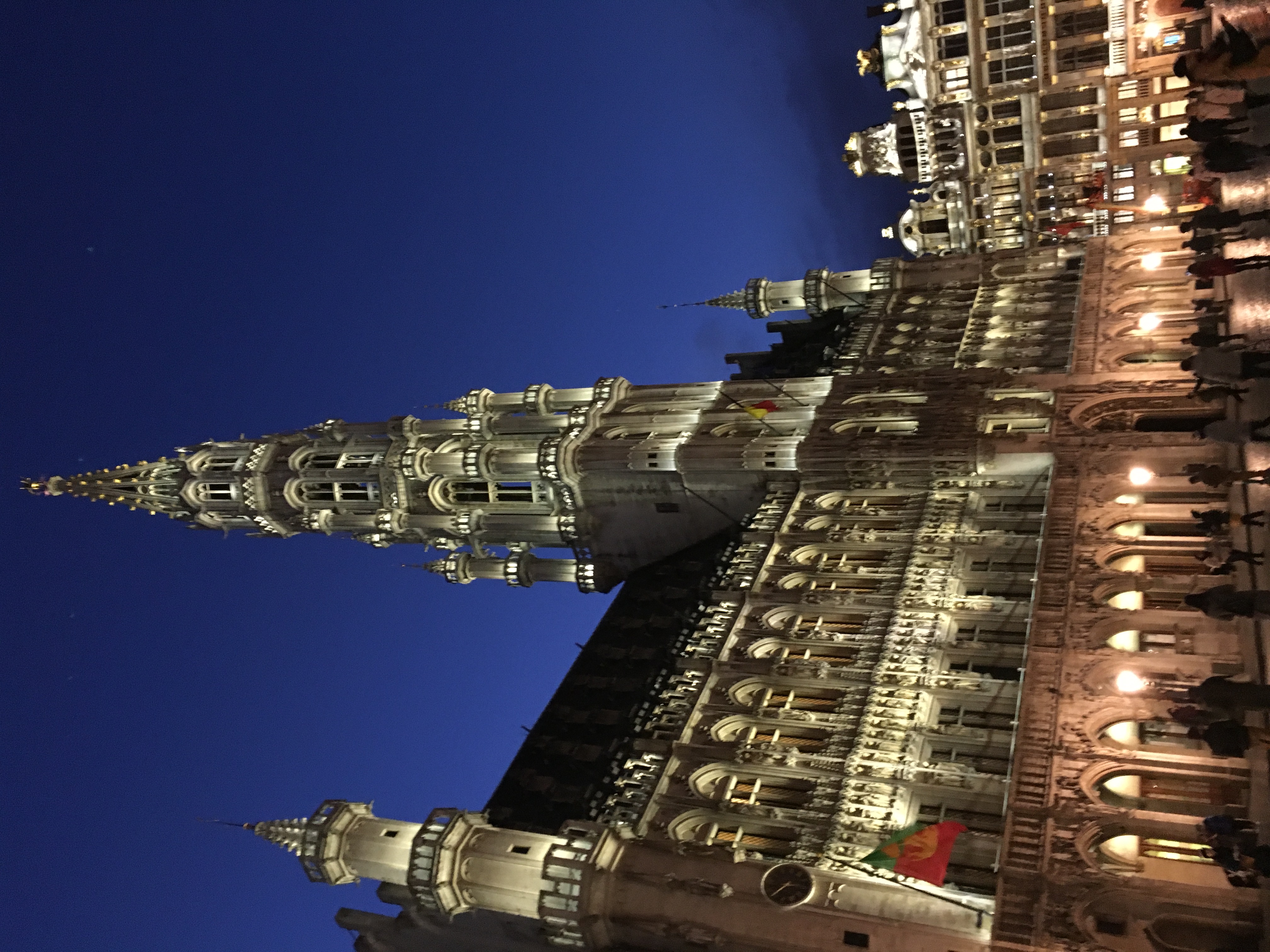One Step Closer to The Hague
Brussels, Belgium
Bonjour, goeiedag, guten tag,
I have arrived in Brussels, Belgium – a small, trilingual country in the heart of Europe, bordering the Netherlands. Living in North America and working with a team based in a different time zone was proving to be challenging in terms of scheduling. Therefore, I found an opportunity to move closer to The Hague and be in the same time zone. Despite the difficulties related to the Covid-19 pandemic and all the travel obstacles, I finally managed to obtain a travel restriction exemption to Belgium – I knew someone who could help me into the country.
I am currently still in a 10-day quarantine as per Belgium’s travel restriction guidelines. However, I took a Covid-19 test today and will hopefully get my negative results tomorrow, so I will be free to explore Brussels soon. My colleagues have been very welcoming regarding my arrival to Europe as being in the same time zone has made working on projects much easier. Furthermore, there will be a team retreat in the middle of July that I now have the opportunity to attend as The Hague is only about a two-hour train ride from Brussels. As of right now, Belgium is considered a high-risk country according to the Netherlands ’ authorities, but I am hopeful that will change in time for me to attend the retreat.
Even though I am stuck in a house for at least one more day, below are a couple of photos of the beauty of Brussels from when I studied abroad in Brussels about three years ago. I cannot wait to include more photos of my adventures in Europe.
New Project
I was assigned a new project to work on this past week. We are researching for a webinar that will focus on the constitutionalization of environmental rights in new constitutions. The inclusion of environmental rights is an innovation from the past several years. An example is the Commission for Sustainable Development and Future Generations—an independent authority—incorporated in Tunisia’s 2014 Constitution; I have been tasked with researching the context of the Commission’s formation, its composition, and its implementation. Compared to Mali, not as much information is accessible to me on Tunisia’s constitutional history and this Commission, especially as many sources are in Arabic; however, through searches in French, I was soon able to find extensive information on the formation of the Commission and its purpose. An interesting fact about the Commission is that, at first, the Committee in charge of overseeing the creation of independent authorities was hesitant to include the Commission in the constitution. Unfortunately, I could not find extensive information on this event. Therefore, I wrote a report on my findings and asked for assistance with further research on the possible exclusion of the Commission. I look forward to continuing research on Tunisia as well as other countries that have environmental rights innovations.

